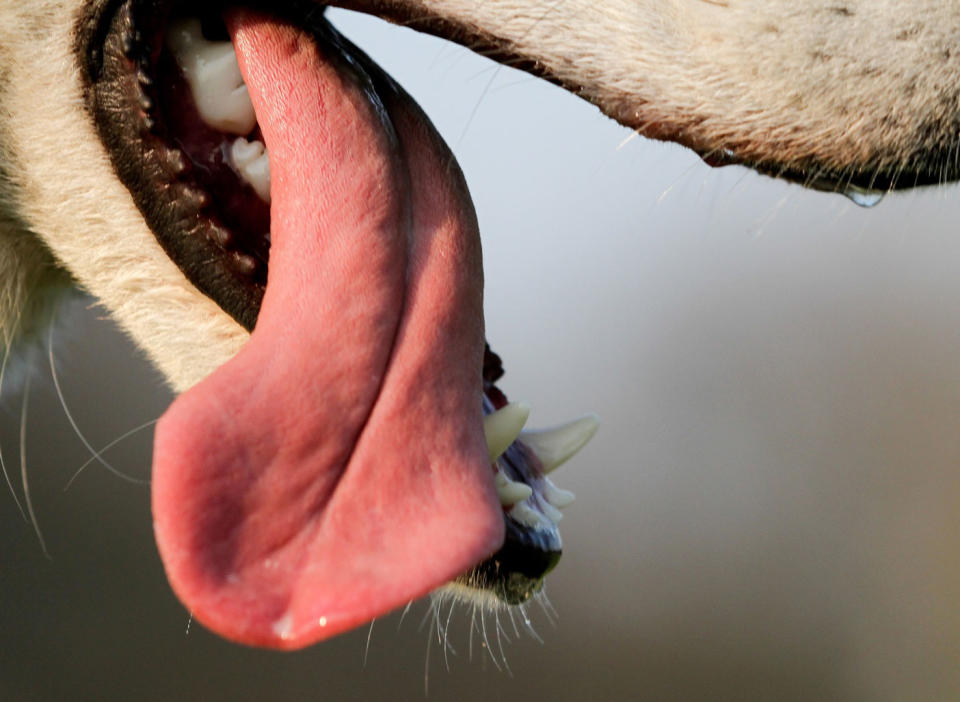Singapore is rabies-free, but travellers should beware overseas

Singapore has been free of rabies, a deadly viral disease affecting the central nervous system, since 1953. However, rabies is still prevalent in other Southeast Asian countries and poses a risk to Singapore residents travelling overseas.
“Each year, 23,000 to 25,000 people die in the Southeast Asian region due to rabies. This accounts for approximately 45 per cent of human deaths due to rabies worldwide,” says the World Health Organization (WHO).
The rabies virus is transmitted to humans through the saliva of an infected animal, particularly dogs. You can be infected when the animal bites/scratches you, and licks a wound, grazed skin or the mucous membrane inside your nose and mouth.

Dogs are responsible for 96 per cent of human rabies cases in the Southeast Asia region, reports WHO. “Children make up the largest percentage of people bitten by dogs, with the highest incidence in mid-to-late childhood,” it points out.
There are also reports of human rabies cases being caused by the bites of animals such as cats, foxes, jackals and wolves.
Singapore’s Ministry of Health advises Singapore residents “embarking on long-term travel to countries with incidence of rabies, as well as those who work with, or are exposed to animals” in these countries, to get vaccinated against the disease. To reduce your risk of rabies, avoid direct contact with stray and wild animals while you are overseas.
What are the symptoms of rabies?
Tingling/twitching at the site of the bite
Fever
Headache
Muscle aches
Loss of appetite
Nausea
Fatigue
More serious symptoms include muscle spasms, seizures, excessive salivation, hallucinations, and fear of water (hydrophobia). Once symptoms appear, the disease is nearly always fatal.
What to do if a dog or any other animal bites you (post-exposure prophylaxis)
Do:
Immediately wash the wound with soap and water and do this continuously for 10 to 15 minutes. “This is the most effective first-aid treatment against rabies,” says WHO.
Subsequently seek medical attention. To reduce your risk of developing rabies, your doctor may give you four doses of the rabies vaccine over a period of 14 days as well as an injection of human rabies immunoglobulin (HRIG). The immunoglobulin provides you with antibodies until your body is able to produce them on its own.
Don’t:
Don’t apply anything acidic to the wound.
Leave the wound open and don’t cover it with a bandage or dressing.
Related stories:
Thailand Fights Deadly Rabies Outbreak With Rush to Vaccinate 10 Million Animals

